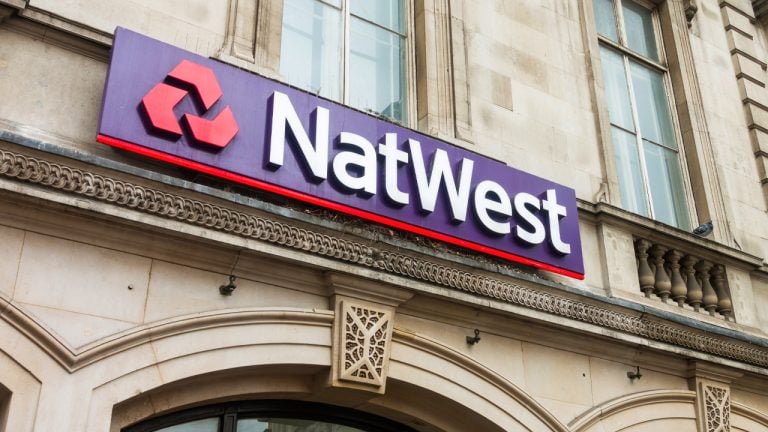
On March 14, 2023, the U.K.-based bank Natwest Group announced new limits on cryptocurrency payments, citing crypto scams that cost U.K. consumers £329 million annually. The limit imposed on crypto exchanges is £1,000 daily ($1,215), with a 30-day limit of £5,000 ($6,077).
Natwest’s Cautious Approach Towards Crypto Assets Prompts Another Transfer Limit
Amid the banking sector rout in the United States following the collapse of Silicon Valley Bank (SVB) and its subsidiary, Silicon Valley Bank U.K. Ltd., the Edinburgh-based financial institution Natwest is limiting cryptocurrency payments. Natwest, however, cites cryptocurrency scams in the United Kingdom that cost consumers £329 million ($399 million) annually as the reason for the limit. The bank’s notice also indicates that men over the age of 35 are “most at risk” of such scams.
Natwest’s press release, published on Tuesday, details that “cryptocurrency investments are often made through legitimate exchange platforms.” The British banks added that these “websites let customers buy, sell or exchange cryptocurrencies for other digital currency or traditional currency.” Natwest also emphasizes that, in addition to men over the age of 35, criminals are using the “cost-of-living crisis” to entice investors with the promise of high returns.”
“You should always have sole control of your cryptocurrency wallet and nobody else should have access,” noted Stuart Skinner, head of Natwest’s fraud protection unit. “If you didn’t set the wallet up yourself or can’t access the money then this is likely to be a scam. We have seen an increase in the number of scams using cryptocurrency exchanges and we are acting to protect our customers.”
This is not the first time Natwest has limited transfers to cryptocurrency exchanges. The bank set a temporary limit in June 2021, and the following month, it specifically blocked payments to Binance, citing the heightened risk of cryptocurrency scams. Natwest has often categorized cryptocurrency assets as “high risk” in the past. In April 2021, just before the first limit was imposed, a Natwest risk manager said: “We have no appetite for dealing with customers” who transact with cryptocurrencies.
What do you think about Natwest limiting crypto payments to digital currency exchanges? Share your thoughts about this subject in the comments section below.














